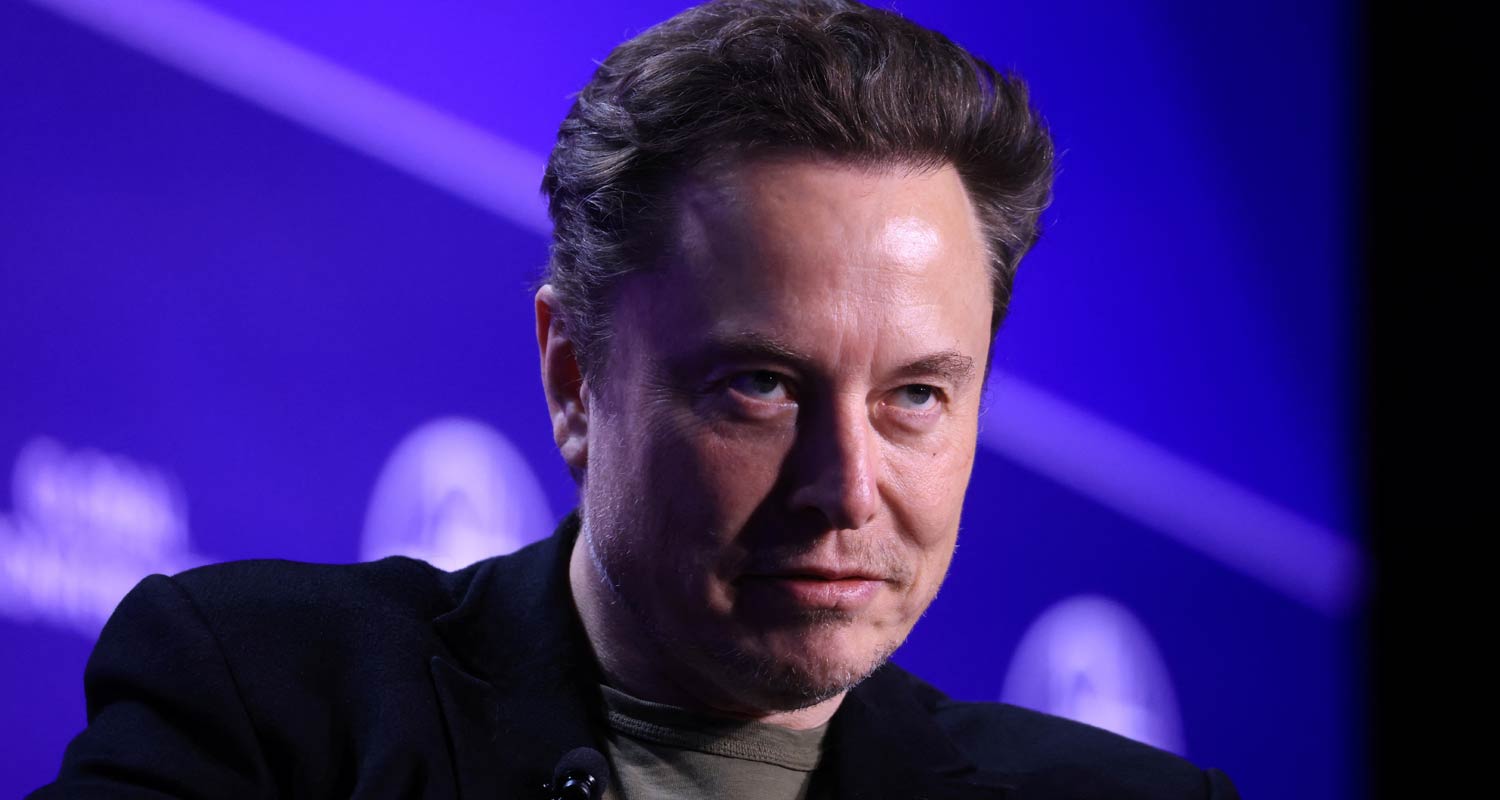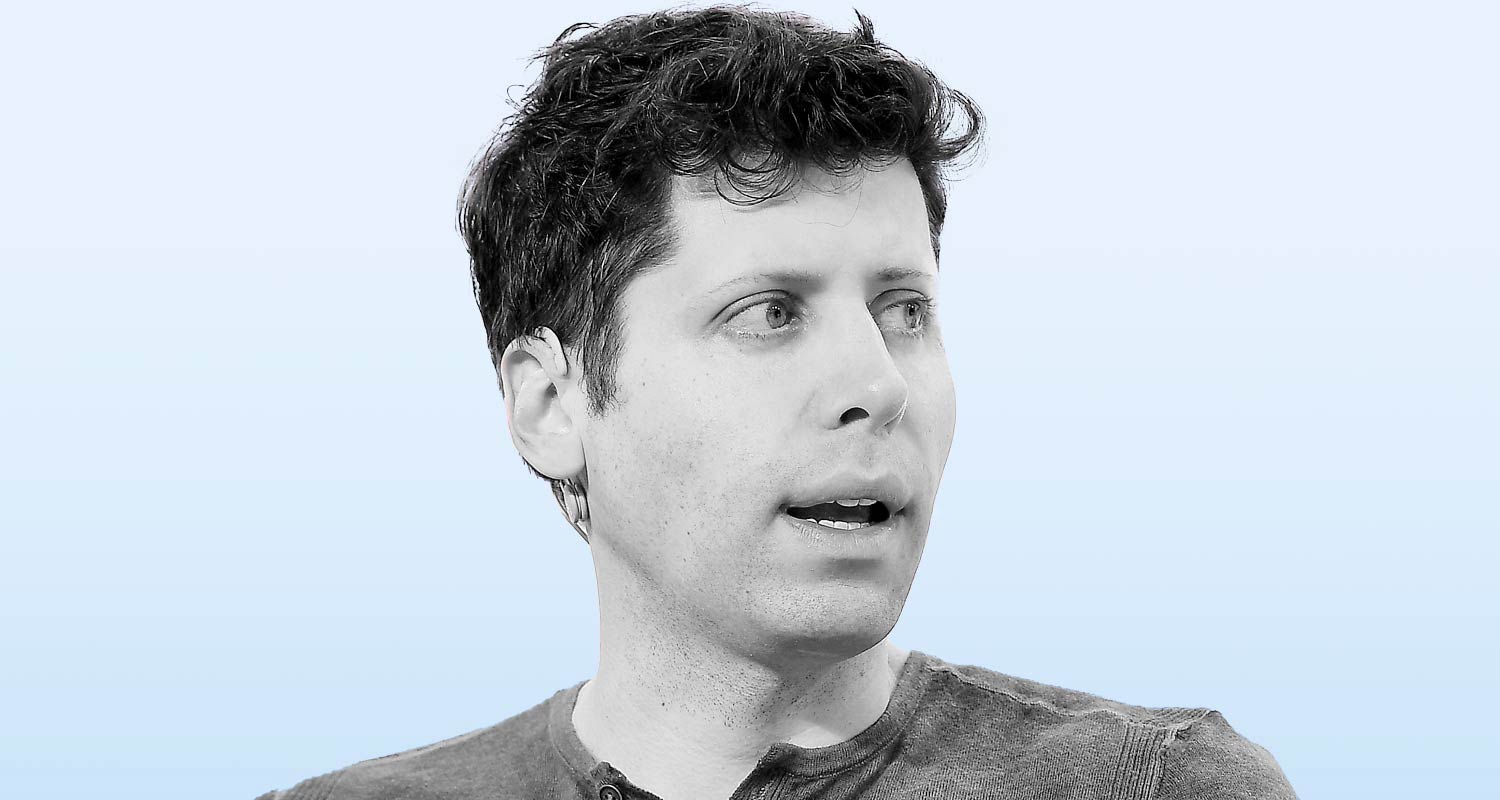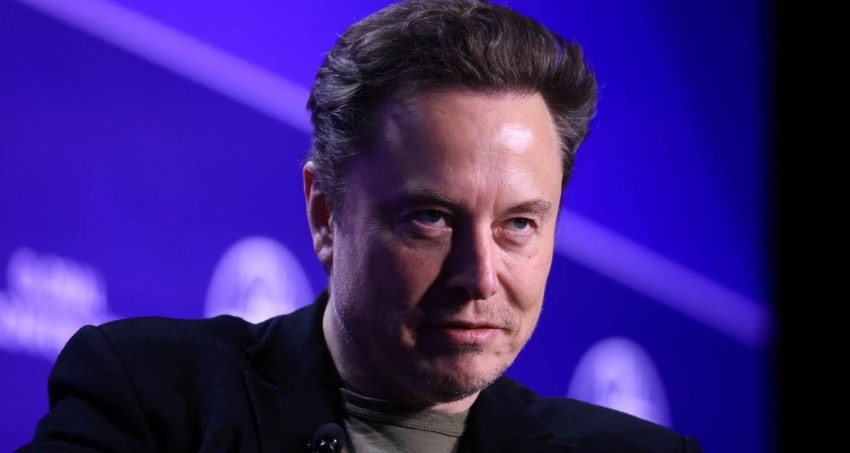
Elon Musk’s artificial intelligence start-up, xAI, has sued Apple and ChatGPT maker OpenAI, accusing them of illegally conspiring to thwart competition for artificial intelligence.
Apple and OpenAI have “locked up markets to maintain their monopolies and prevent innovators like X and xAI from competing”, the lawsuit said. Apple in partnership with OpenAI has integrated ChatGPT into its operating system for iPhones, iPads, and Macs.
“If not for its exclusive deal with OpenAI, Apple would have no reason to refrain from more prominently featuring the X app and the Grok app in its App Store,” the lawsuit said. In the lawsuit, xAI said it is seeking billions of dollars in alleged damages.
“This latest filing is consistent with Mr Musk’s ongoing pattern of harassment,” an OpenAI spokesman said in a statement. Apple did not immediately respond to a request for comment.
Musk later on Monday, in a post on his social media platform X, echoed the allegations in the lawsuit, writing: “A million reviews with 4.9 average for @Grok and still Apple refuses to mention Grok on any lists.”
Musk had threatened to sue Cupertino, California-based Apple earlier this month, writing on X that Apple’s behaviour “makes it impossible for any AI company besides OpenAI to reach #1 in the App Store”.
OpenAI’s ChatGPT became the fastest-growing consumer application in history in the months following its launch in late 2022.
‘Canary in the coal mine’
Musk’s xAI acquired X in March for US$33-billion to enhance its chatbot training capabilities. Musk has also integrated the Grok chatbot into vehicles made by his electric car company, Tesla.
Antitrust legal experts who are not involved in the lawsuit said Apple’s dominant position in the smartphone market could bolster xAI’s claims that the company is illegally tying its iPhone sales with OpenAI’s ChatGPT.
But they said Apple could counter that partnering with OpenAI was a business decision in a competitive environment, and that it has no obligation to help its rivals gain market share.
Read: Musk tried to rope in Zuckerberg for $97-billion OpenAI bid
Apple may also argue there are security or operational reasons to integrate AI into its operating system, said Herbert Hovenkamp, who teaches at the University of Pennsylvania’s law school.
More broadly, the lawsuit could give courts in the US their first opportunity to assess whether there is a defined market for AI and what it encompasses, a threshold issue in antitrust litigation.

“It’s a canary in the coal mine in terms of how courts will treat AI, and treat antitrust and AI,” said Christine Bartholomew, a professor at the University at Buffalo School of Law.
Musk is separately suing OpenAI and its CEO Sam Altman in federal court in California to stop its conversion from a non-profit to a for-profit business. Musk cofounded OpenAI with Altman in 2015 as a non-profit.
Apple’s App Store practices have been the focus of multiple lawsuits. In one ongoing case by Fortnite videogame maker Epic Games, a judge ordered Apple to allow greater competition for app payment options. — Mike Scarcella, (c) 2025 Reuters
Get breaking news from TechCentral on WhatsApp. Sign up here.
Don’t miss:
Tim Cook says Apple ready to open its wallet to catch up in AI

